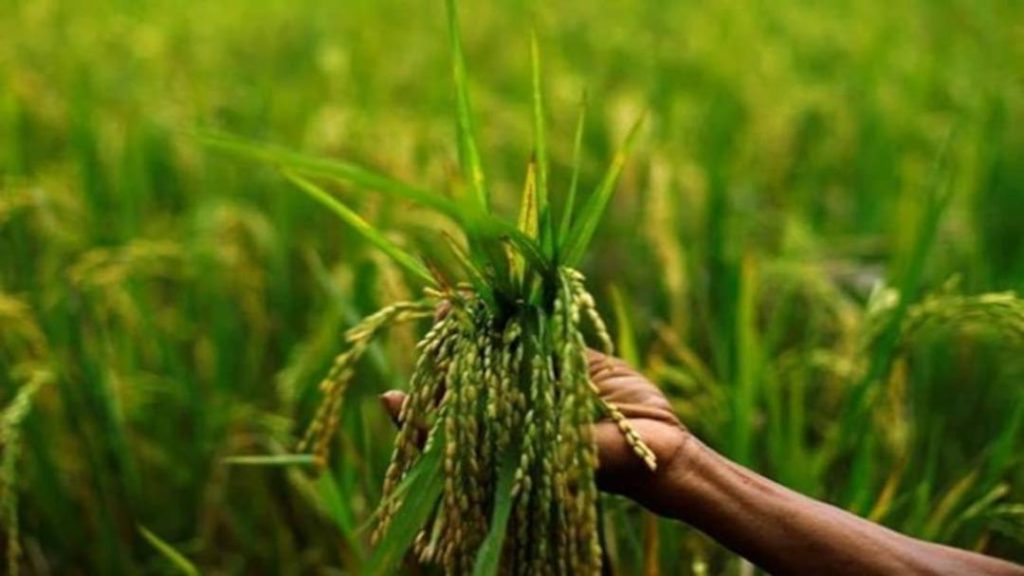
India Cutting Chenab’s Supply Will Increase Water Shortage & Impact Crops, Accepts Pakistan
Pakistan’s Indus River System Authority (IRSA) has recently made a startling admission, acknowledging that India’s move to reduce the flow of the Chenab River after the suspension of the Indus Waters Treaty would lead to a significant increase in water shortages across the country. According to IRSA, this development would also have a dire impact on the kharif crops, which are already expected to face a shortage of 21% for the remaining early kharil season, and a 7% shortage in the late kharif season.
The Indus Waters Treaty, signed in 1960, is a bilateral agreement between India and Pakistan that governs the sharing of the waters of the Indus River and its tributaries. However, in recent years, tensions have been escalating between the two countries over the treaty, with India unilaterally altering the flow of the rivers, citing concerns over its own water security.
Pakistan, on the other hand, has been crying foul, accusing India of violating the treaty and causing irreparable harm to its agricultural sector. The country’s farmers rely heavily on the Indus River and its tributaries for irrigation, and any reduction in the water supply would have devastating consequences for their livelihoods.
The latest admission by IRSA is a stark reminder of the gravity of the situation. According to the authority, the reduction in the Chenab River’s flow would lead to a significant decrease in the water availability for irrigation, resulting in a shortage of essential water resources. This would not only affect the country’s agricultural sector but also impact the livelihoods of millions of people who depend on it.
The news comes as a blow to Pakistan’s already struggling agricultural sector, which has been facing numerous challenges in recent years. The country’s farmers have been battling drought, soil salinity, and pests, among other issues, which have led to a decline in crop yields and productivity. The reduction in water supply would only exacerbate these challenges, making it even more difficult for farmers to cope.
The impact of the water shortage on kharif crops would be particularly severe. Kharif crops, such as paddy, maize, and cotton, are typically planted in the summer months and require adequate water supply for growth. With the water shortage expected to reach 21% for the remaining early kharil season, farmers would have to contend with reduced yields and lower quality crops. This would not only affect their livelihoods but also impact the country’s food security.
The situation is particularly worrying given the country’s history of agricultural instability. Pakistan has been struggling to meet its food requirements, and the reduction in water supply would only add to the woes. The country’s agricultural sector is already facing numerous challenges, including climate change, soil degradation, and lack of investment in modern technology. The reduction in water supply would be a major setback for the sector, making it even more difficult for farmers to recover.
In light of this development, it is imperative that both India and Pakistan engage in meaningful dialogue to resolve their differences and find a lasting solution to the water sharing dispute. The Indus Waters Treaty is a critical agreement that has governed the sharing of the Indus River and its tributaries for decades. Any changes to the treaty must be done in a transparent and equitable manner, taking into account the interests of both countries.
In conclusion, the admission by IRSA that India cutting Chenab’s supply would increase water shortages and impact crops is a stark reminder of the gravity of the situation. Pakistan’s agricultural sector is already struggling, and the reduction in water supply would only exacerbate the challenges. It is imperative that both countries engage in meaningful dialogue to resolve their differences and find a lasting solution to the water sharing dispute. The future of Pakistan’s agricultural sector and its food security depend on it.






